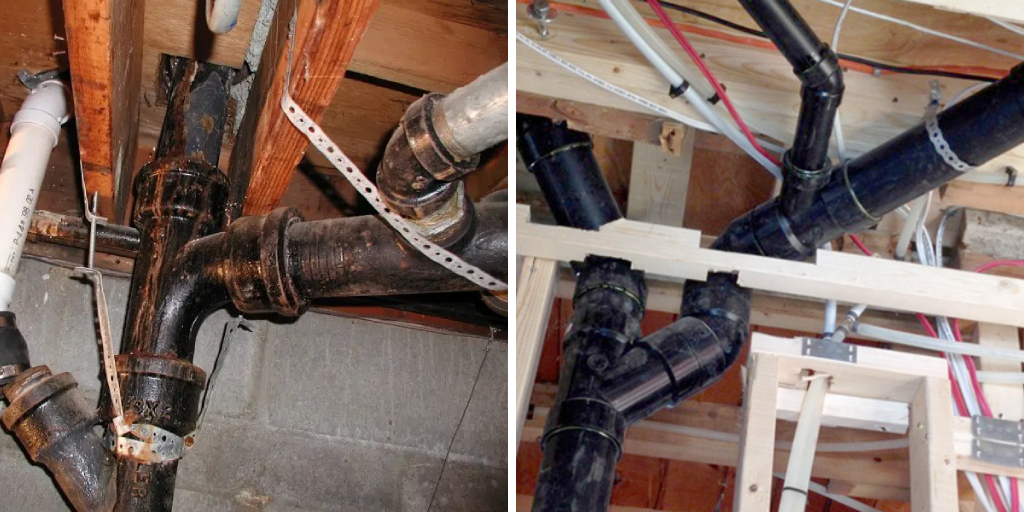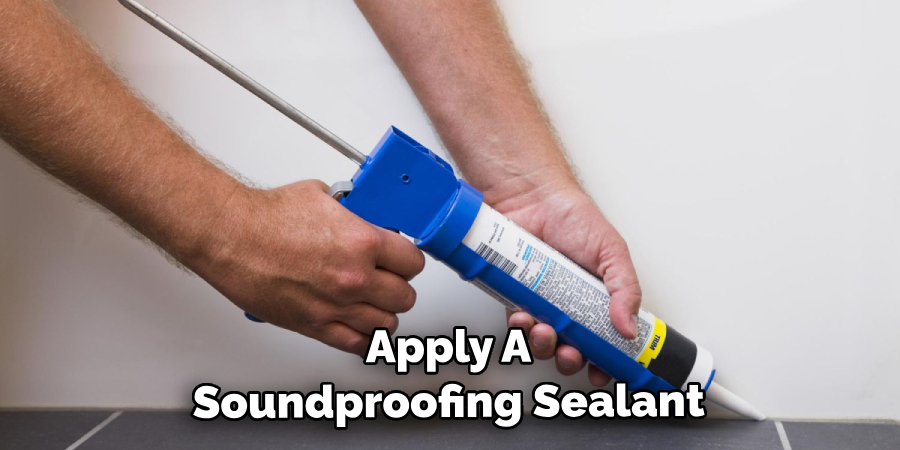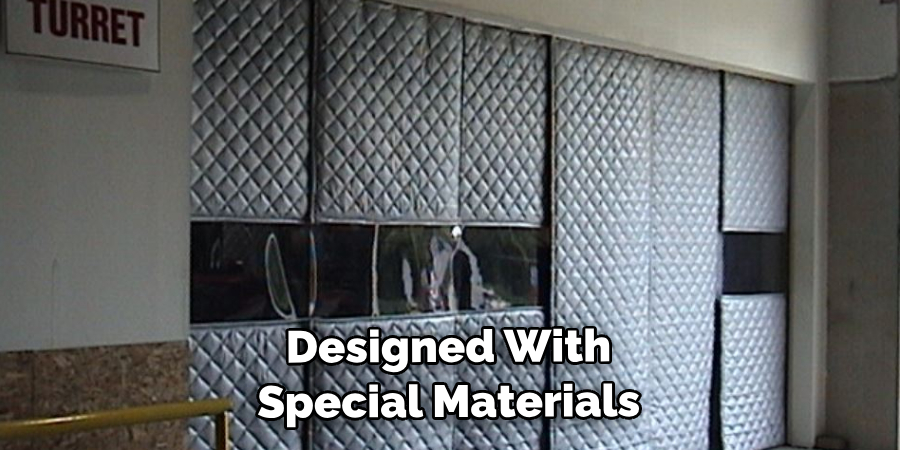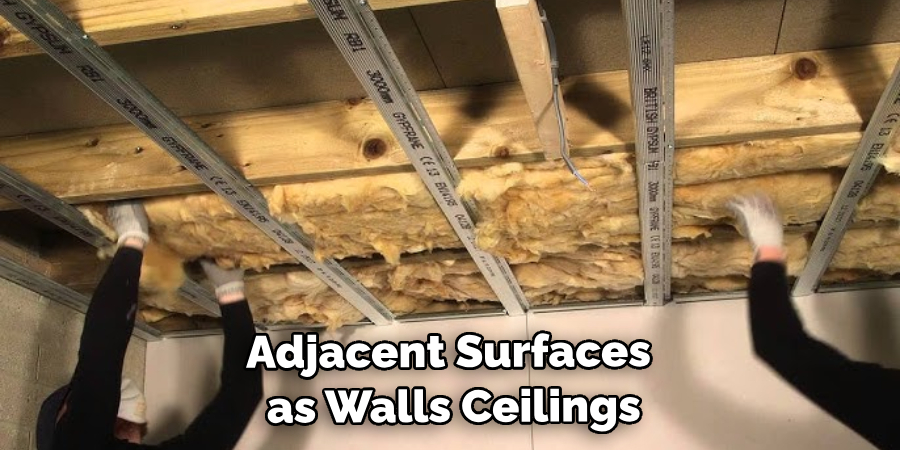Reducing the disruptive noise generated by plumbing pipes is a critical aspect of creating a peaceful and comfortable home environment. The clanging, rattling, or water hammer sounds produced by plumbing systems can be both annoying and intrusive. In this comprehensive guide, we will explore effective strategies for soundproofing plumbing pipes, offering practical insights into minimizing or eliminating these unwanted sounds.

From identifying the sources of noise to implementing soundproofing materials and techniques, homeowners will gain valuable knowledge on transforming their plumbing infrastructure into a quiet and unobtrusive system.
Whether dealing with water supply lines or drainpipes, understanding how to soundproof plumbing pipes ensures not only auditory tranquility but also contributes to an overall harmonious living space. This guide aims to empower individuals with the know-how to address plumbing noise issues, promoting a more serene and enjoyable home environment.
Importance of Soundproofing Plumbing Pipes
Plumbing pipes are used in every building and are responsible for providing us with clean drinking water, heating our homes and keeping our surroundings free from waste. However, these pipes can also be a source of noise pollution if not soundproofed properly.
In today’s fast-paced world, noise pollution is becoming a major concern. Excessive noise can lead to stress, disturbed sleep and even hearing loss. This is why it is important to soundproof plumbing pipes, as they can be a major source of noise in our homes and buildings.
By soundproofing your plumbing pipes, you not only reduce the noise level but also increase the privacy and comfort of your living space. Whether you live in an apartment building or a house, soundproofing your plumbing pipes can make a significant difference in your daily life.

Moreover, soundproofing plumbing pipes can also save you money in the long run. Uninsulated pipes tend to vibrate and produce noise, which can lead to wear and tear over time. This can result in costly repairs or replacements. By soundproofing your pipes, you can prevent this damage and save on maintenance costs.
Soundproofing plumbing pipes is also beneficial for the environment. As the noise level decreases, less energy is needed to mask or block out the sound. This means that less electricity and resources are being used, leading to a more sustainable living environment.
10 Methods How to Soundproof Plumbing Pipes
1. Install Soundproof Insulation
One of the most effective ways to soundproof plumbing pipes is to install soundproof insulation around them. This type of insulation is designed to absorb and reduce noise, making it much quieter when water is running through the pipes. The insulation should be installed directly on the pipes, as well as around any joints or elbows in the plumbing system. Additionally, it may be necessary to add additional layers of insulation for more effective soundproofing.
2. Use Acoustic Foam Panels
Acoustic foam panels are an effective way to reduce noise from plumbing pipes and can be easily mounted onto walls or ceilings near the pipes. These panels are made from a special foam material that absorbs sound waves and helps to reduce the amount of noise that is transmitted through the walls or ceiling. Additionally, these panels come in a variety of colors and designs, so they can be used to add some style to any room while also reducing noise levels.
3. Add Soundproofing Sealant

Another method for soundproofing plumbing pipes is to apply a soundproofing sealant around them. This type of sealant is designed to fill in any gaps or cracks between the pipes and surrounding walls or floors, which can help reduce noise levels significantly. It is important to make sure that the sealant is applied properly in order for it to be effective at reducing noise levels from plumbing pipes.
4. Install a Sound Barrier Mat
A sound barrier mat can also be used to help reduce noise from plumbing pipes. This type of mat is designed with a special material that absorbs sound waves and helps keep them from traveling through walls or floors into other rooms of your home. The mats can be easily cut into sections and then placed directly over existing piping for maximum effectiveness in reducing noise levels from plumbing pipes.
5. Place Pipe Wraps Around Pipes
Pipe wraps are another great way to reduce noise from plumbing pipes and can easily be placed around existing piping with minimal effort involved. These wraps are made with an insulating material that helps absorb sound waves before they travel through walls or floors into other rooms in your home, making them very effective at reducing overall noise levels caused by plumbing systems.
6. Hang Noise-Reducing Curtains
Noise-reducing curtains are another easy way to help reduce annoying noises coming from your plumbing system without having to do any major renovations or installations in your home’s existing structure.

These curtains are designed with special materials that absorb sound waves before they travel through walls or ceilings into other rooms of your house, making them an ideal solution for anyone looking for an affordable yet effective way of reducing pipe noises in their home environment without having to break out the tools and get their hands dirty!
7. Use Mass Loaded Vinyl (MLV) Sheets
Mass-loaded vinyl (MLV) sheets are one of the most popular methods for reducing pipe noises in homes today due to their effectiveness at absorbing sounds before they travel through walls or ceilings into other rooms in your house.
MLV sheets are made with a special material that helps absorb sound waves before they have a chance to reach other areas within your home, making them very effective at keeping pipe noises down without having you do any major renovations.
8. Install Acoustic Tiles
Acoustic tiles are another great option when it comes to reducing pipe noises in homes, as these tiles are designed with special materials that help absorb sounds before they travel through walls or ceilings into other areas.
Installing acoustic tiles near existing piping can help significantly reduce overall pipe noises without having you do any major renovations, making this an ideal solution for anyone looking for an affordable yet effective way of keeping pipe sounds down within their own home environment!
9. Use Resilient Channel Clips
Resilient channel clips are another great way for homeowners looking for ways how they can effectively reduce pipe noises within their own homes. These clips work by suspending piping away from adjacent surfaces such as walls, ceilings, floors, etc., which helps prevent vibrations caused by water running through them from being transferred into those surfaces – thus helping keep overall pipe noises down!

10. Add Vibration Isolation Tape
Finally, adding vibration isolation tape around existing piping can also help significantly reduce overall pipe noises within homes. This type of tape works by dampening vibrations caused by water running through the piping, which prevents those vibrations from being transferred into adjacent surfaces such as walls, ceilings, floors, etc., thus helping keep pipe sounds down throughout your entire home environment!
Things to Consider When Soundproofing Plumbing Pipes
If you are looking to soundproof your plumbing pipes, there are a few things that you should consider before getting started. While soundproofing can provide many benefits, it is important to do it properly in order to ensure the best results. Here are some things to keep in mind when soundproofing your plumbing pipes:
Material of Pipes:
The first thing to consider is the material of your plumbing pipes. Soundproofing techniques may vary depending on whether you have metal or plastic pipes. Metal pipes tend to carry sound more easily, so they may require more extensive soundproofing techniques.
Distance from Noise Source:
Another important factor to consider is the distance between your plumbing pipes and the source of noise. If your pipes are far away from the noise source, you may not need to soundproof them as much. However, if they are close to the noise source, you will need to take extra measures to ensure proper soundproofing.
Size and Thickness of Pipes:
The size and thickness of your plumbing pipes can also affect the level of noise they produce. Thicker pipes tend to be quieter, while smaller pipes may create more noise. Keep this in mind when deciding on soundproofing techniques.
Insulation:
Insulating your pipes can also help with soundproofing. There are various types of insulation available, such as foam or rubber, that can be wrapped around the pipes to reduce noise.
Conclusion
One of the most effective ways to soundproof plumbing pipes is to insulate the surrounding surfaces in your home with materials such as foam, fiberglass, or cork. Additionally, sealing off any cracks or crevices around the pipes will help muffle the noise. Finding a plumbing expert who can recommend and install professional sound-dampening measures like sprays or damping compounds at the source of noise can also prove invaluable.
Taking the time to explore all of your options can add up to a significant difference in your monthly budget thanks to lowered energy costs. So consider taking some extra steps today when it comes to quieting those errant plumber’s noises! Follow these steps for how to soundproof plumbing pipes and take back control of your home’s comfort today!

